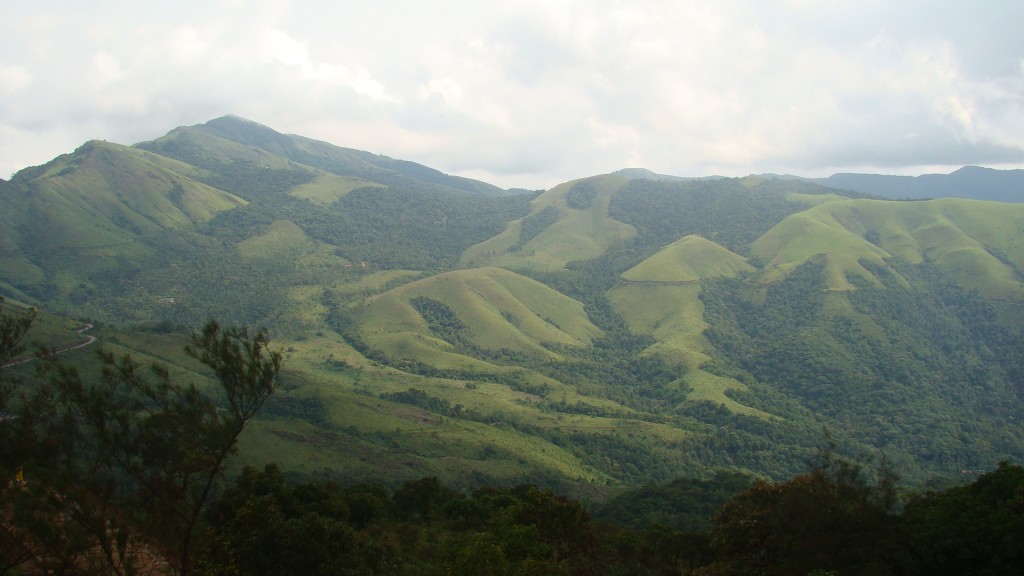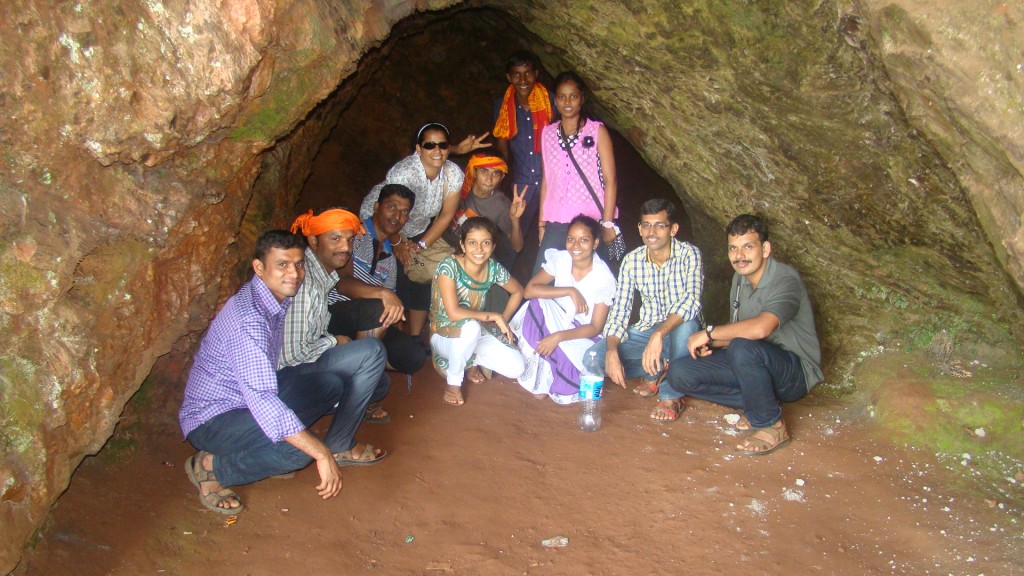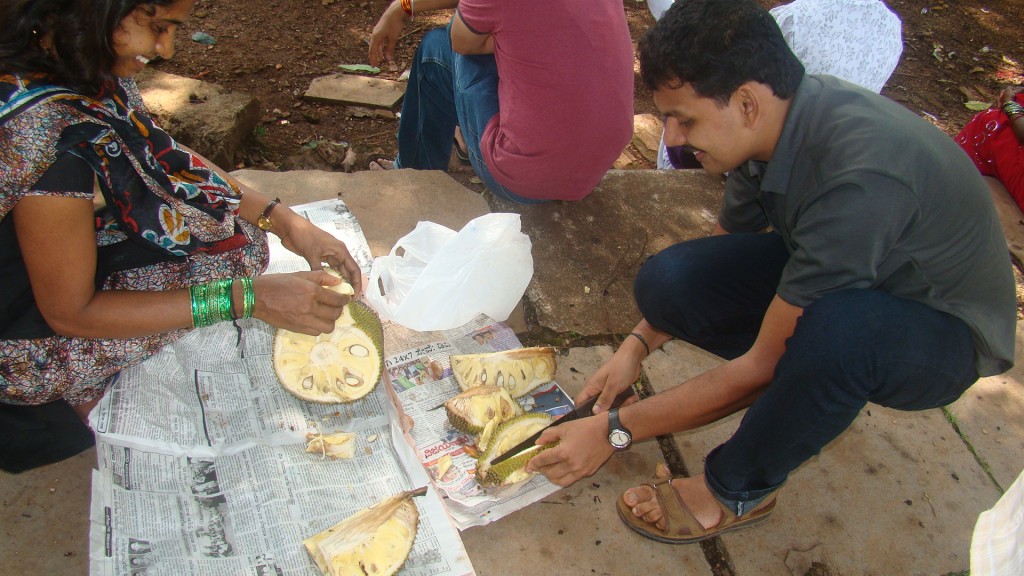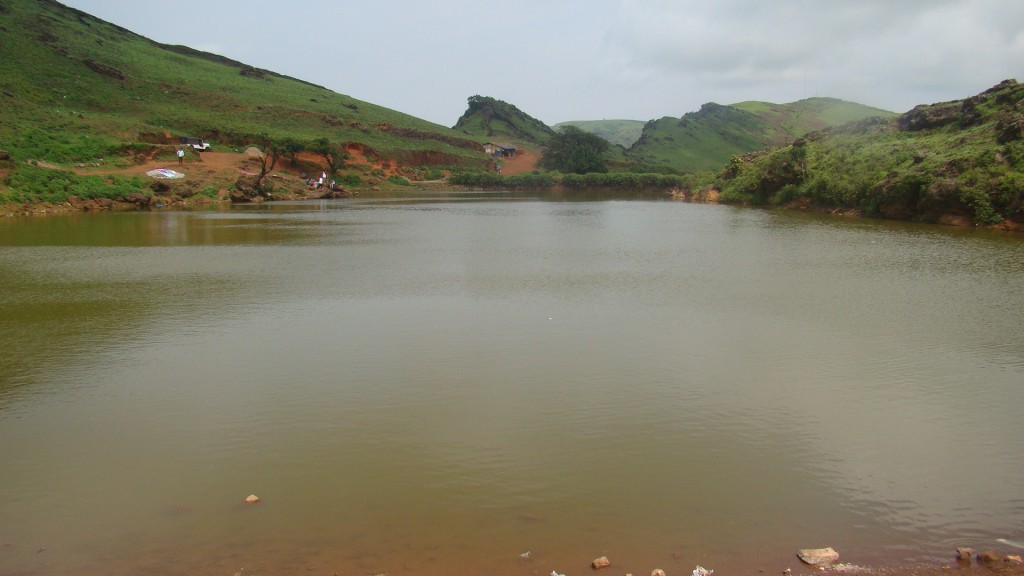Mr. Narayana Bhat was working with us as a Production Supervisor and has retired from service on 31st August 2023. This is an event worth writing about as it comes with mixed emotions, pride and voidness.
He joined Cocoguru almost 10 years back on February 2014. He was referred by Keshava Ram’s classmate Shivashankar Shastry, his brother-in-law. He travels 40 kms everyday from Kanyana to work. He worked in various departments like Stores, Logistics, Purchase, Oil Extraction, Canteen, Campus etc. His notable contributions have been
- Developing and maintaining a beautiful green campus by planting 150 trees and conserving water
- Major changes in company logistics, selling old vehicles
- Implementing commission/piece work based payments to labours
- Getting work done efficiently from people yet having fun doing them
- Organising events like Independence Day, birthday celebrations, Ayudha Pooje and Deepavali
- Maintaining cordial relations with land neighbours and Karpadi temple management
- He helped maintain a very jovial and productive work environment all through out.
He will be 57 years old in about 15 days. His son completed Mechanical Engineering from Nitte and got placed at a private firm at Bengaluru. He announced his decision to retire during his last birthday celebration on 23rd September 2022, and he was waiting for his son Ashlesha to start working. He likes to improve and expand present arecanut farm, build his dream house as the old house is not in good condition. And ultimately lead a happy and peaceful life in village with his dear wife Mrs. Uma and pet animals.
Company is proud to have an employee work with them for almost 10 years and leave them only for an unavoidable reason like retirement. Many people leave for better prospects or when they are not happy working there. But it is difficult to replace him with someone who can do all the jobs with a can do attitude. It is an aspect of nature, and we need to move on.
We had organised a small event on closing hours of 31st August to honour him and celebrate his contributions for us. Many employees who worked closely with him spoke eulogies of him. Murali (Operations Head) is his direct boss, Keshava Ram (Managing Director), Naresh Kumar (Sales Manager), Shiva Kumar (Finance Manager), Suprabha (Brand Manager), Karthik Rai (Financial Accountant), Shreekrishna Shastry (Public Relations Officer), Jagganath (Expeller Operator) and Shivashankar Bhat (Chairman) all spoke for a couple of minutes with their heartfelt messages and wished well for his retired life. Narayana Bhat likes to be jovial with ladies, and they were all emotional when they realised that he will not be working with them from next day. He was honoured with his wife Mrs. Uma by Shivashankar Bhat. He also spoke briefly with usual humour and ended with a small Kannada poem. A cupboard was given to him as a complement as he is building a new house. Event ended with dinner supplied from Cocoguru Adigemane. People whom he was leading were looking up to him to guide him for work even after his working hours.
All of us at Cocoguru, like to thank him for his contributions to us and wish him a happy retired life with his family.

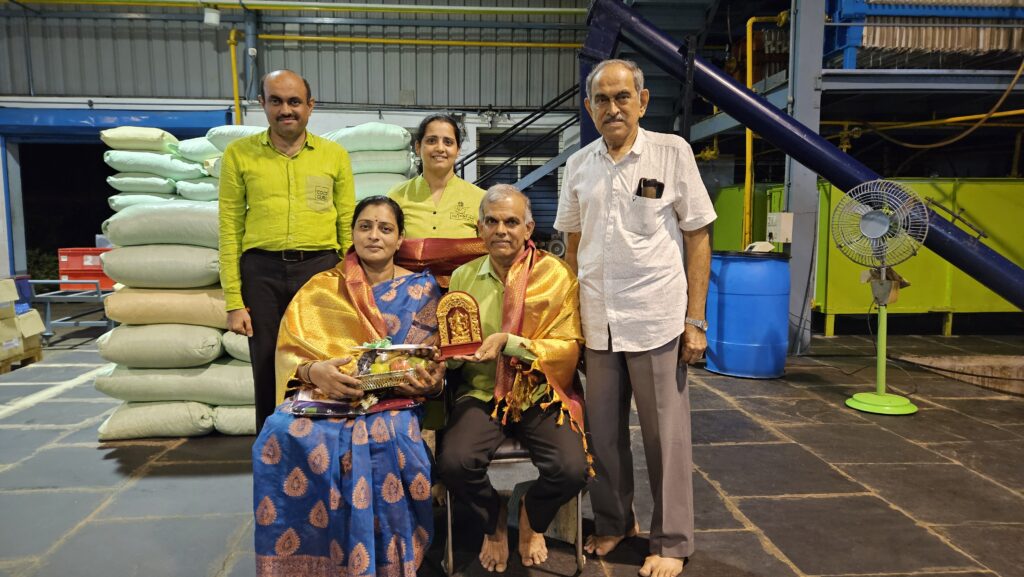

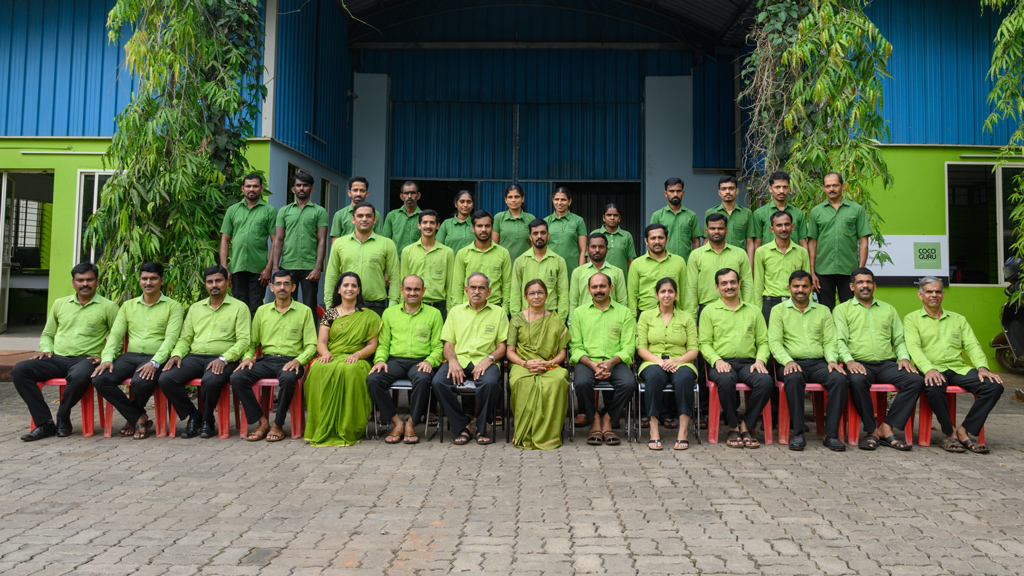
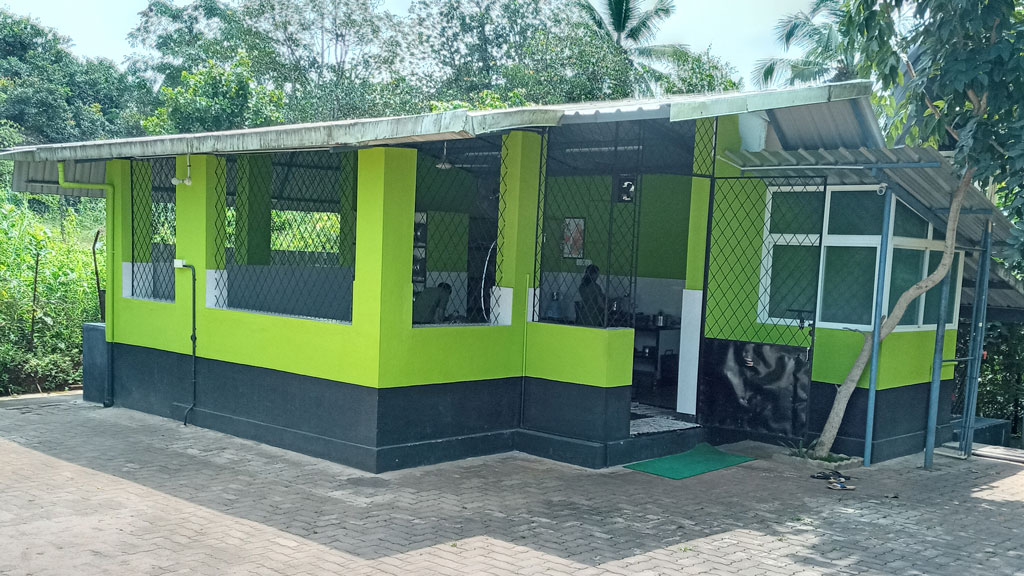
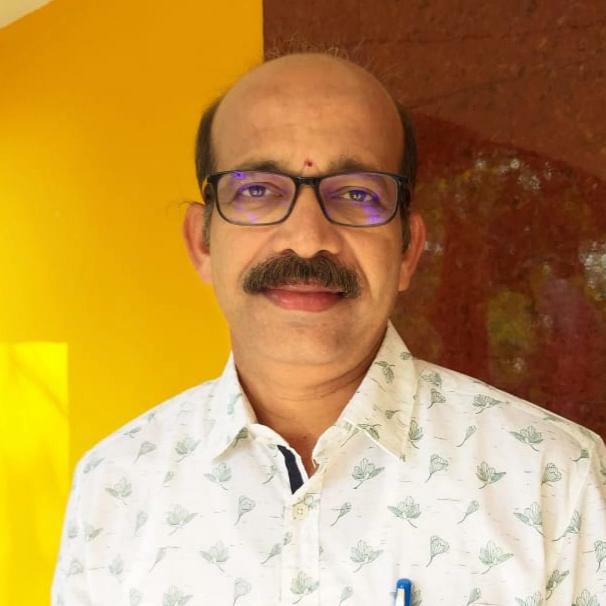
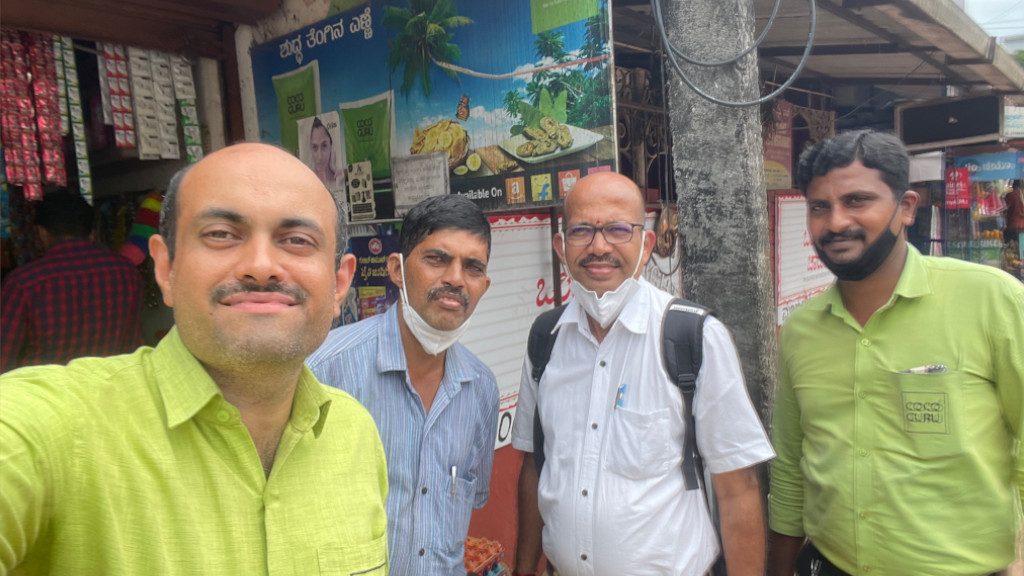
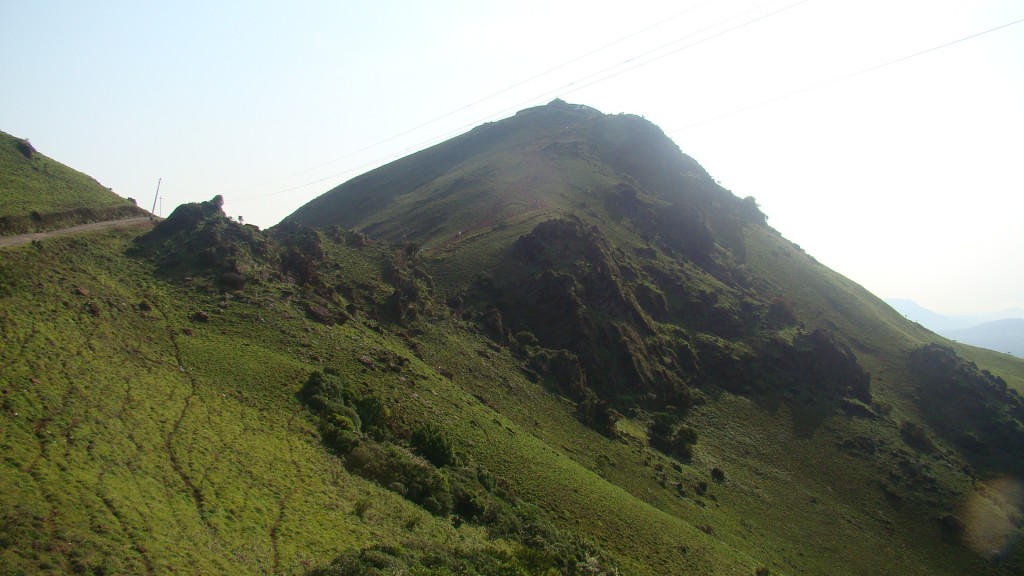
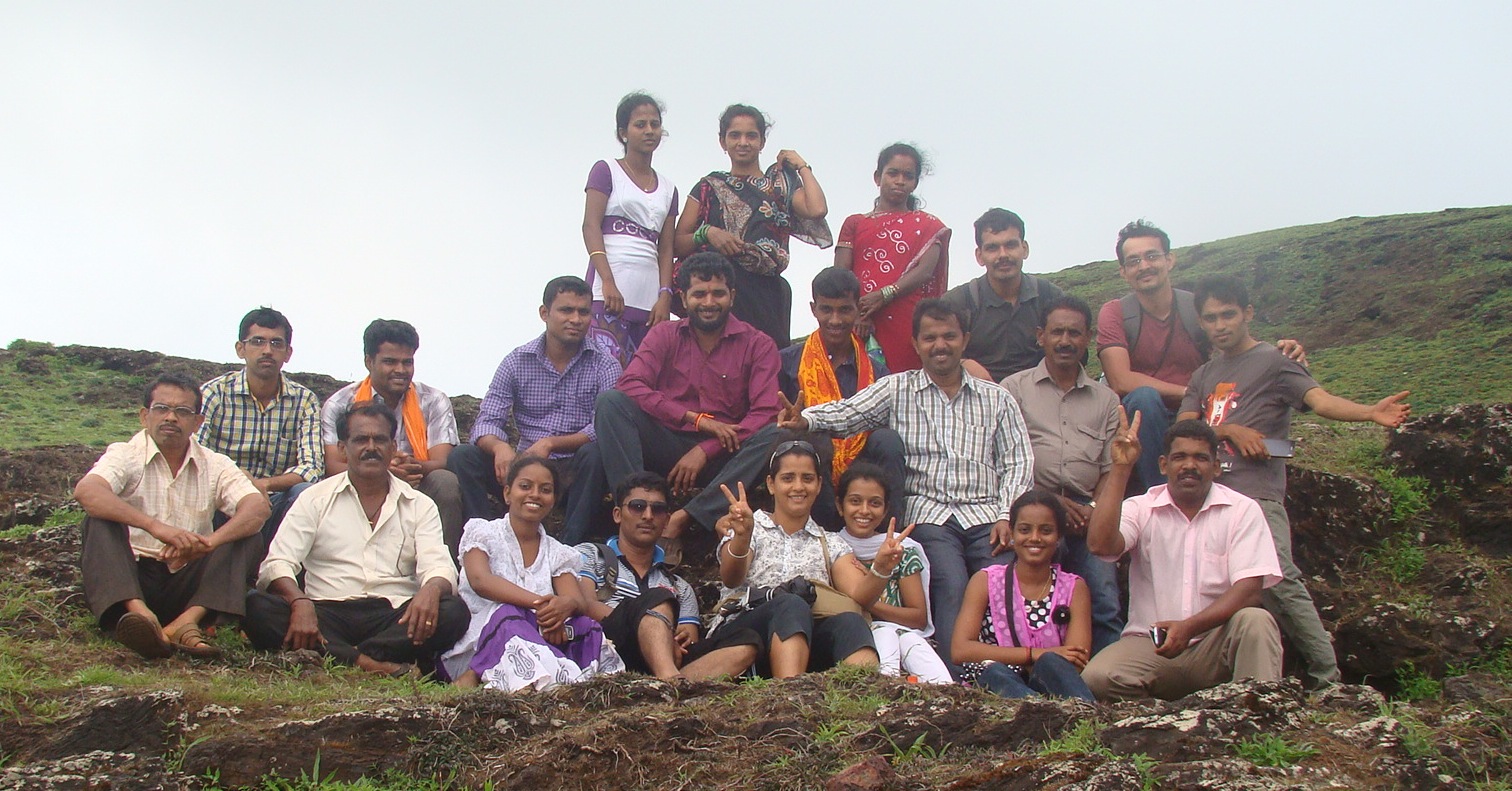
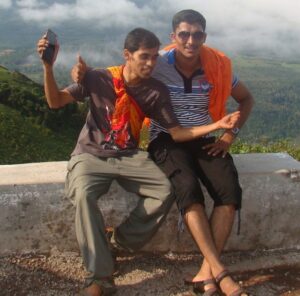
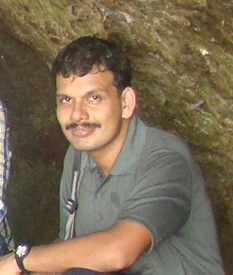
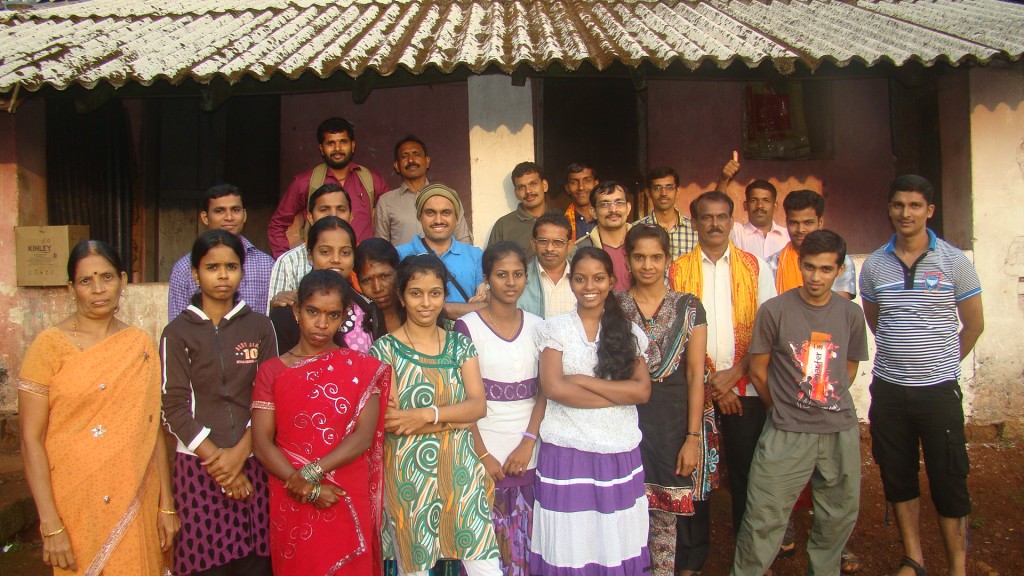 We saw many tourists like us that day since it was a Sunday. Being the highest point in Karnataka, it should certainly attract many visitors. We could see lush green mountains, green either with grass or trees. I observe that ghats that are on the western side of malnad have more trees and ghats on the easter side of malnad have more grass.
We saw many tourists like us that day since it was a Sunday. Being the highest point in Karnataka, it should certainly attract many visitors. We could see lush green mountains, green either with grass or trees. I observe that ghats that are on the western side of malnad have more trees and ghats on the easter side of malnad have more grass.